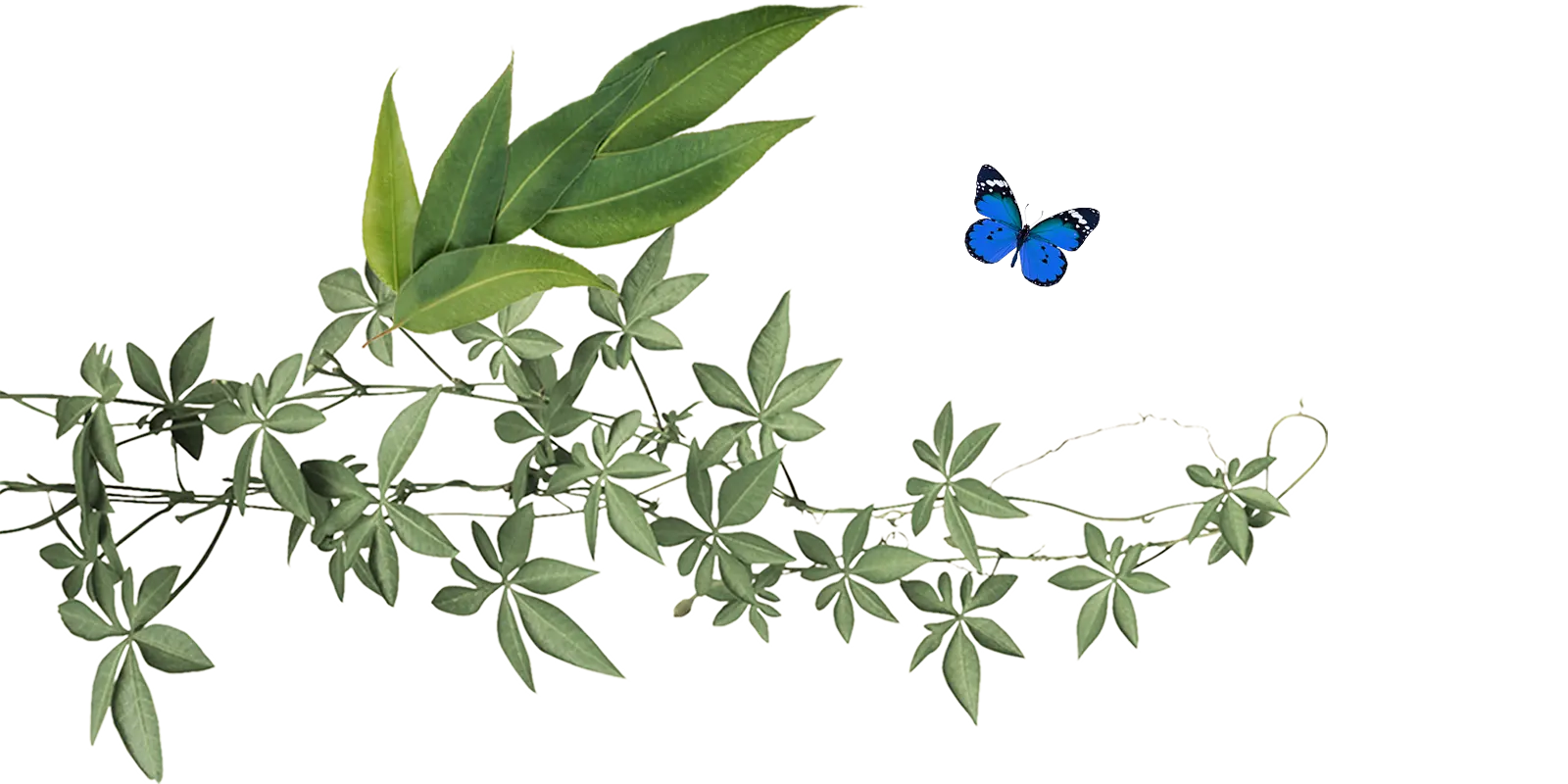Emily Whyman manages a regenerative small holdings farm in the hinterland of the Mid-North Coast of New South Wales with her husband. They have been farming there since 2016 and were severely affected by the bushfires in 2019. Those fires destroyed not only the soil structure and hummus on their property but also their infrastructure and agroforestry plantings. They have spent the last several years repairing, replanting, and rebuilding. Read below to find out more about Emily’s journey.
What does regen ag mean to you?
Broady speaking regenerative agriculture is painfully simple. It is the growth and cultivation of food and fibres (agriculture) that partners with ecosystem processes and natural systems, increasing land health rather than decreasing or sustaining it.
My approach on my own farm and in my work with the Australian Holistic Management Cooperative has been shaped by the work of regen ag powerhouse, Alan Savory, who founded the Savory Institute and the Holistic Management framework; an approach to people, finances, and environments that considers the whole.
What was your personal journey to regen ag?
I started as what you would probably describe as a militant vegan which I now consider misplaced passion for animals and the environment. The more I learned about animal agriculture, the more I came to understand that animals are inseparable from good regenerative agriculture. More than that, animals are crucial to healthy ecosystems and what is a farm if not a human-stewarded ecosystem?
I started eating meat again but made a point of seeking out regen farmers and learning from them and the more I learned, the more I felt inspired to walk the talk. This has resulted in a 111 acre farm with combined animal agriculture and agroforestry. Our goal is to produce beef and lamb raised on pasture grazed amongst native Australian hardwood trees.

What practices are you using on your farm?
Holistic planned grazing is our primary practice. This is grazing that does not only centre production at the core of decision making but considers pasture, plant, and soil health as crucial to long-term landscape healthy function.
What benefits have you seen?
Prior to the 2019 bushfires, we were seeing remarkable improvements in the water holding capacity in the ground as well as native species returning to what were once old, tried ex-dairy pastures.
What have the challenges been?
The learning curve. I grew up in the heart of Sydney and didn’t know how to use a power drill let alone raise livestock, build fences, and manage land. The learning curve has been steep without generational knowledge but all the more worthwhile for it.
How can people connect with your farm/org?
I would encourage anyone interested in regenerative agriculture to seek out the Australian Holistic Management Cooperative. The Australian Holistic Management Cooperative seeks to promote and support Australian food and fibre production based upon regenerative Holistic Management practices. The Coop's core activity is the EOV (Ecological Outcome Verification) program – a robust, scientific measurement of the health and resilience of farmland over time.


